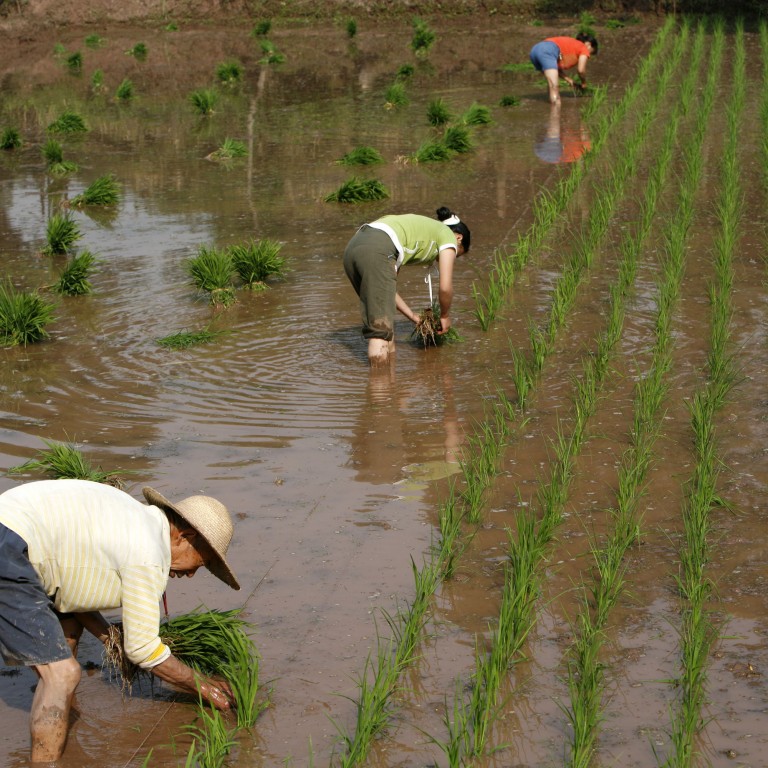
Why China's wheat-growing north produces individualists and its rice-growing south is clannish
It's a common cultural perception. Westerners are seen as prizing individualism, while Asians tend to be creatures who lean on their communities.
It's a common cultural perception.
Westerners are seen as prizing individualism, while Asians tend to be creatures who lean on their communities.
If you are looking for an answer as to why, there is the "rice theory". Psychologists say the divide may come down to which crops are historically farmed in different regions.
Researchers have found that people from rice-growing southern China are more interdependent and holistic thinkers, while those from the wheat-growing north are more independent and analytical.
The researchers call it "rice theory", and they believe the psychological differences of southern and northern Chinese stem from their ancestors' subsistence techniques - rice farming needs co-operation and planning; wheat farming requires less co-operation between neighbours.
The findings have been reported in the journal .
Researchers began with 1,162 Han Chinese students in Beijing, Fujian , Guangdong, Yunnan , Sichuan and Liaoning and used three tests to measure individualism and analytical thinking.
In the first measure, the students were given three objects - a train, a bus and tracks - and asked which two were best grouped together. Those from individualist cultures tended to match categories and group train and bus together, while people from collectivist cultures usually matched based on relationships and group train and tracks.
The second test involved a sociogram. Participants were asked to draw a diagram of their social network with circles depicting themselves and their friends - the bigger the "self" circle, the more individualist the person.
A previous study showed that Americans, who are famously individualistic, tend to draw themselves much larger than their friends, Europeans draw themselves moderately larger, and Japanese people draw themselves slightly smaller.
The last experiment assessed the nepotism, or group loyalty, of the participants. Students were given hypothetical scenarios and asked how they would treat friends and strangers in reaction to helpful or harmful actions. A defining characteristic of holistic culture is that people draw sharp contrasts between friend and stranger.
"The data suggests that legacies of farming are continuing to affect people," Thomas Talhelm, of the University of Virginia and lead author of the research, said. "It has resulted in two distinct cultural psychologies that mirror the differences between East Asia and the West."
Talhelm and his team concluded that the co-operative nature of rice-growing has cultivated a culture of interdependence, while wheat-growing has cultivated independence.
"I think the rice theory provides some insight to why the rice-growing regions of East Asia are less individualistic than the Western world or northern China, even with their wealth and modernisation," Talhelm said.
